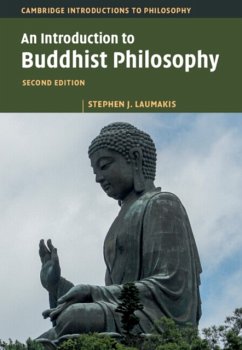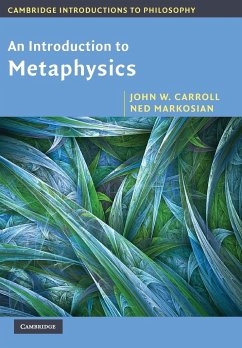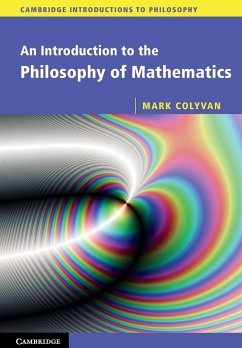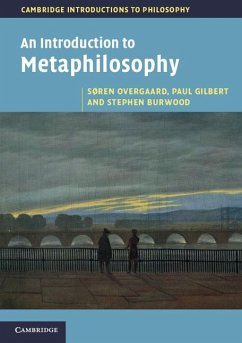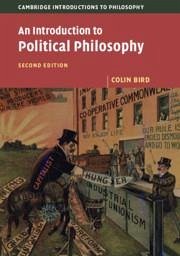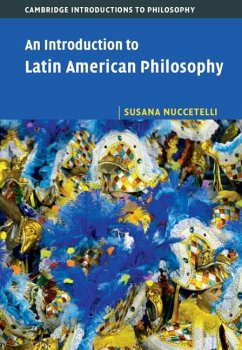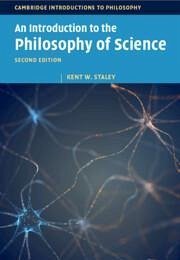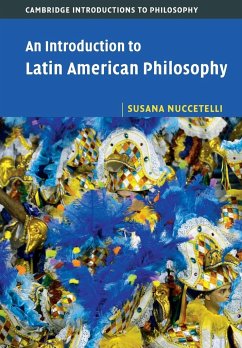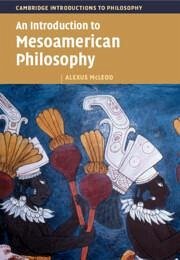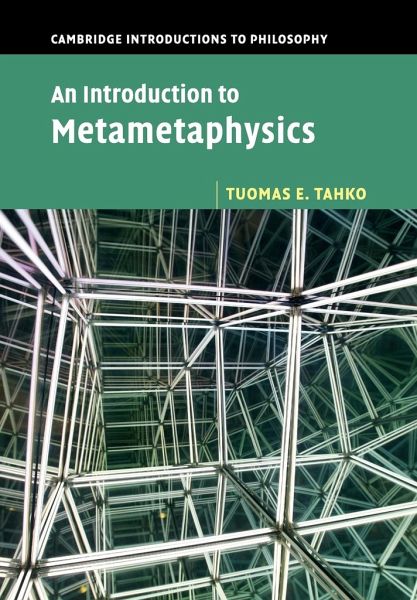
An Introduction to Metametaphysics
Versandkostenfrei!
Versandfertig in 1-2 Wochen
34,99 €
inkl. MwSt.

PAYBACK Punkte
17 °P sammeln!
This is the first systematic student introduction dedicated to metametaphysics, discussing the methodology, epistemology and ontology of metaphysical enquiry. It is an essential resource for students of advanced metaphysics, philosophical methodology, metametaphysics, epistemology and the philosophy of science.





